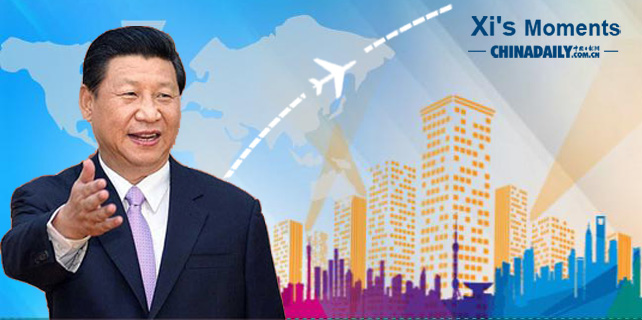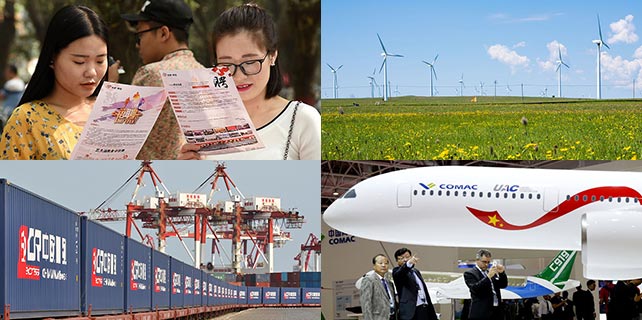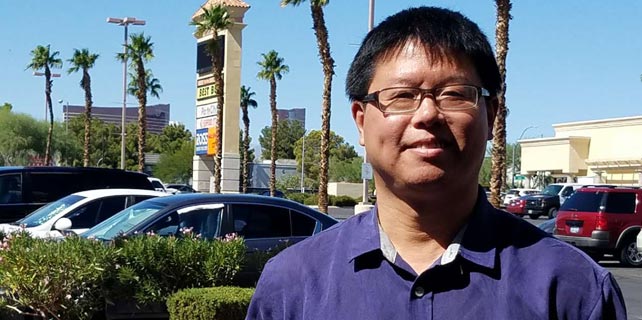My experience in ever-changing China
The first response from my academic colleagues in The Netherlands when I announced I would study innovation in China in 2004 was, “That must be a short project!” Today the world is embracing China as an innovation nation, one where residents have a “ringside seat to entrepreneurial development”, according to Thinkers50. Facilitating the talent development of hundreds of elite students and next generation change-makers is my passion. Receiving multinationals eager to study new technologies and business models but also delegations from Silicon Valley entrepreneurs and investors is my contribution to building bridges — who could have thought that 13 years ago?
I was inspired by the early endeavors of people like Jack Ma, Fang Yi and Sun Deliang in Hangzhou, who made me believe in China’s innovation potential. I had the luck to meet them early on and could not help but feel their passion to make a difference. Jack Ma I met during a family day meeting in Taobao, Fang Yi was still a student entrepreneur at Zhejiang University and Sun Deliang was in the first years of developing his platform strategy. At the same time, I was lucky to be in Hangzhou. Not only because of the beauty of the city but also the sheer force of change ongoing there. Coming from the city of Rotterdam in The Netherlands, a “city of doers”, I knew Hangzhou was going to be a global place and I had to be part of that development.
I still remember that in my first years here, I had to get loads of cash from my foreign bank card with undersupplied ATMs. Multiple trips to the not-so-friendly bank attendants and in the end knowing the location of all ATMs and bank offices in a 2 mile radius, made me long for the efficient Dutch financial services. No longer. Nowadays life in China is cashless. My phone with Alipay and WeChat Pay is sufficient for me to buy groceries, book a hotel, rent a bike, watch a movie or manage my finances, among many other things. In just a few years, I dare to say in the last 5 years, China’s mobile payment revolution has changed the way I consume in China. Going back to The Netherlands is like stepping back in time, where QR codes and mobile payments are replaced by bank cards and cash.
A while back, a student applied to become my teaching assistant. He didn’t use a CV or cover letter. Instead, he made a website — extremely professionally done I might add — introducing him, his passions and projects. All visual and focused on how he was different that the rest. He was not asking for a salary or job description, but instead wanted to know why I became a professor, my ambitions and how I work with students. Another example I remember is from my classes on cross-cultural management in Zhejiang University. While initially students were hesitant to share opinions, nowadays these classes are as colorful as a TV show where students no longer make slideshow presentations but perform their assignments, as in theater. And of course, the hit show this summer was not a TV-produced soap opera on China’s history but the Tencent-produced “Rap of China” where youngsters vividly express their perspectives on the new China. And no, it is not a copy of some American show, but a new type of Chinese rap. Mixing American and Asian styles, it even gave rise to popular, unique dialects from Sichuan and Chongqing.
The embrace of digital technology and the rise of a new generation are just two experiences of change I have from my time in China. As a longtime foreign guest, in China I have not only witnessed change but become an active participant. This is the beauty of China: everything is possible. Change is embraced and challenges are opportunities. Coming from a city of “doers”, I appreciate this mindset. Maybe thriving on uncertainty is the biggest lesson China has taught me.
Mark Greeven is an associate professor of the innovation, entrepreneurship and strategy department at Zhejiang University's School of Management.









